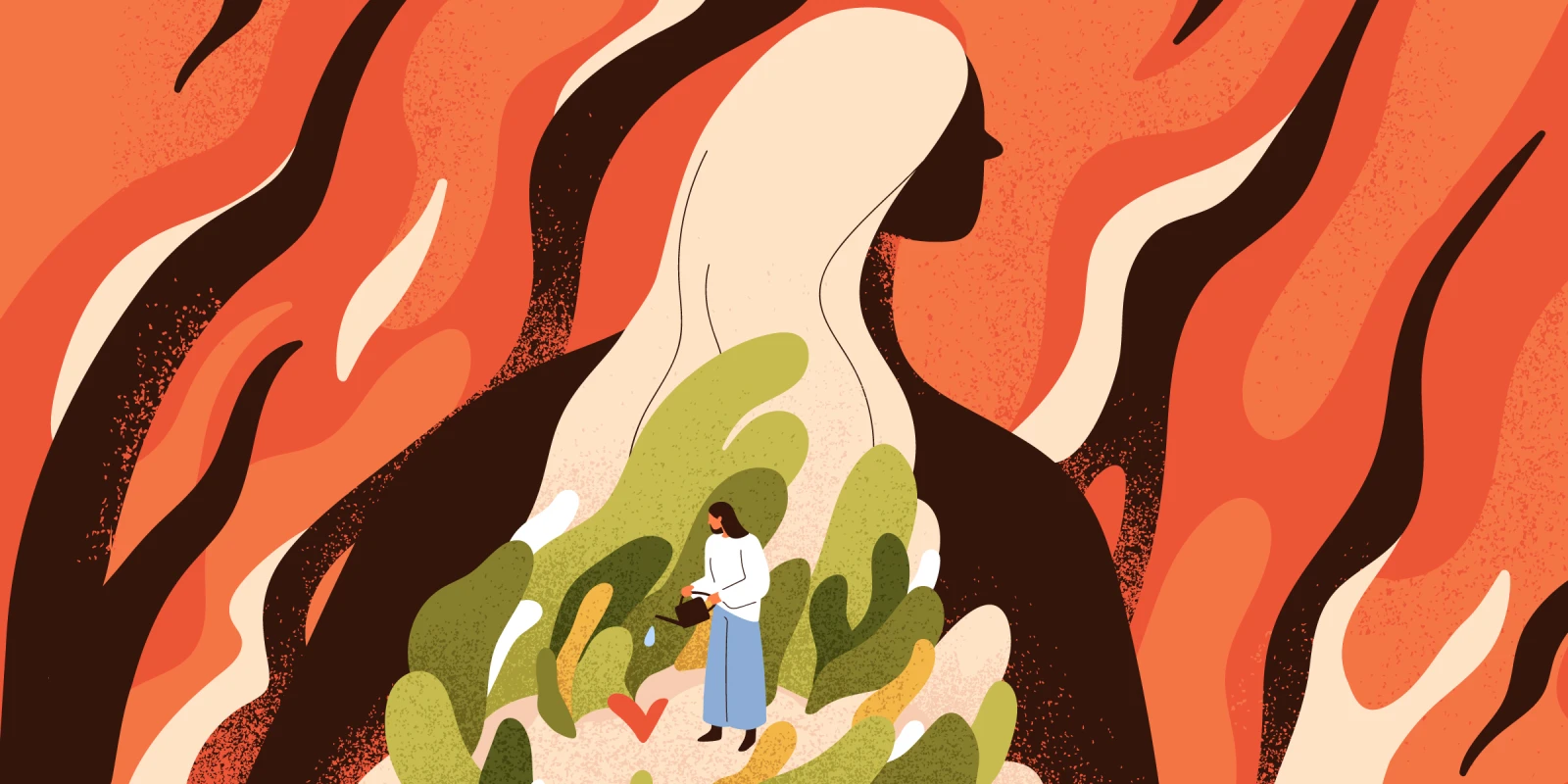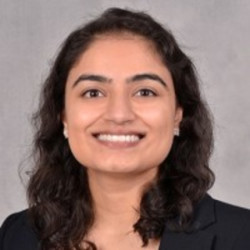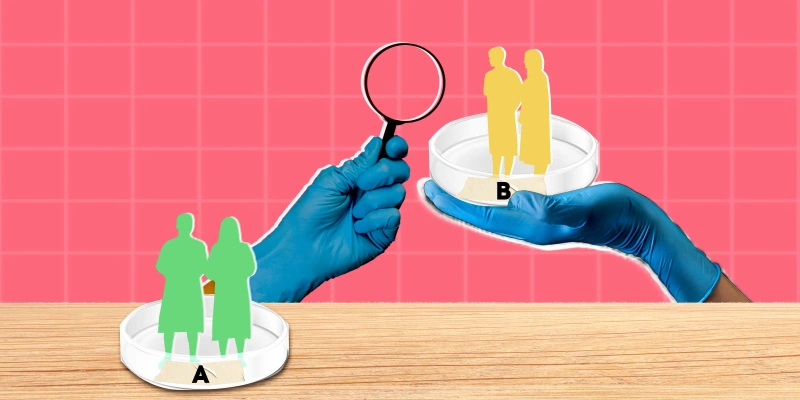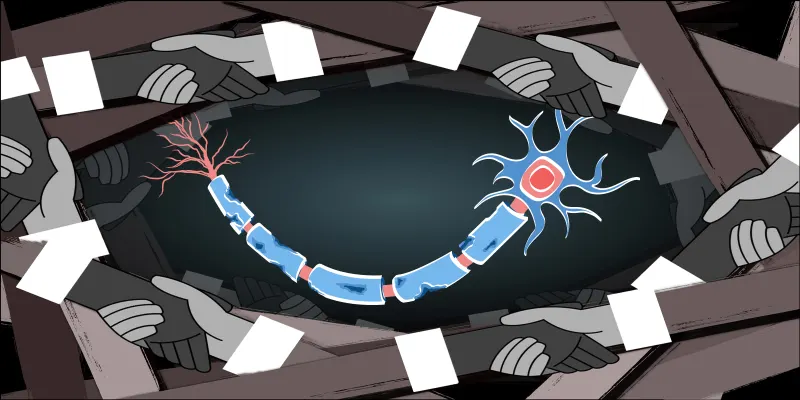Second Avenue Commons, nestled in downtown Pittsburgh, is more than just a shelter. For those experiencing homelessness, it serves as a foundation for stability. Opened in 2022 through a collaboration between local nonprofits, Allegheny County, and the University of Pittsburgh Medical Center (UPMC), the shelter offers over 100 beds and private rooms, overflow space, and a bustling day center. Here, residents can share meals, shower, do laundry, and meet with case managers who connect them to housing and social services. An on-site UPMC clinic provides medical care, mental health support, and harm reduction services, bridging gaps for people who might otherwise go without care.
I remember driving past Second Avenue Commons for the first time, and I saw about 20 people gathered outside. Some talking, some silently waiting, and others playing card games around the corner. I was there to volunteer at the medical clinic as part of my ambulatory rotation, and for a moment, I hesitated. Should I ask someone to walk with me? Was there a side entrance I could slip into instead? But as I approached, those nerves melted away. I was greeted with warmth, smiles, nods, and casual greetings that made it clear this was a place of community.
In the weeks that followed, I began to learn the stories behind those faces. Randy* visited for a routine checkup and was found to have an elevated PSA. After following up with urology for further examination and imaging, he learned he had a 50% risk of prostate cancer and would need a biopsy. With no stable housing for recovery, no transportation, and no social support, we pieced together a path through a fractured health care system to get him care. Julia*, who lived in a nearby encampment, came in after her identification, food, and belongings were stolen. A young man named Will* came to the clinic for suboxone after he ran out of his prior prescription, leading to him restarting fentanyl. He did not have insurance, but we were able to find him resources that could help cover the medication. The halls of Second Avenue Commons echoed with quiet resilience in the face of staggering challenges.
In June 2024, disaster struck. A fire broke out in the shelter’s air-conditioning unit, forcing nearly 200 residents to evacuate. Medications, personal belongings, and precious mementos were left behind as the building, already a lifeline on unsteady ground, became uninhabitable. In the aftermath, community organizations scrambled to help. The David L. Lawrence Convention Center was converted into an emergency shelter, while other temporary spaces opened to fill the gap. Still, the disruption was profound. One resident who had worked tirelessly to stabilize his life lost everything to the fire and resulting water damage, forcing him back into a tent. Another, already weathered by years of cycling between shelters and encampments, felt the crushing emotional weight of living day by day with little support.
The fire revealed the painful precarity of homelessness in Pittsburgh. It exposed a community stripped not only of housing, but of possessions, health care, social networks, and identification. Most residents did not choose this life; they fled violence, lost homes to floods, were undone by job loss, or struggled with substance use. Each had been failed by a system with too few safety nets.
Through it all, services persisted. Medical teams, including ours, continued to provide care wherever possible, offering a network of support amid upheaval. In October 2024, Second Avenue Commons reopened. Residents returned not just to a roof and a bed, but to the on-site medical clinic and engagement center. To the friends who had become family. To a place they could once again call home.
Dr. Siya Bhagat is a second-year internal medicine resident and aspiring cardiology fellow. She enjoys playing pickleball, exploring new restaurants, and spending time with friends and family. She was a 2024–2025 Doximity Op-Med Fellow.
*Names changed for confidentiality.
Image by GoodStudio / Shutterstock





